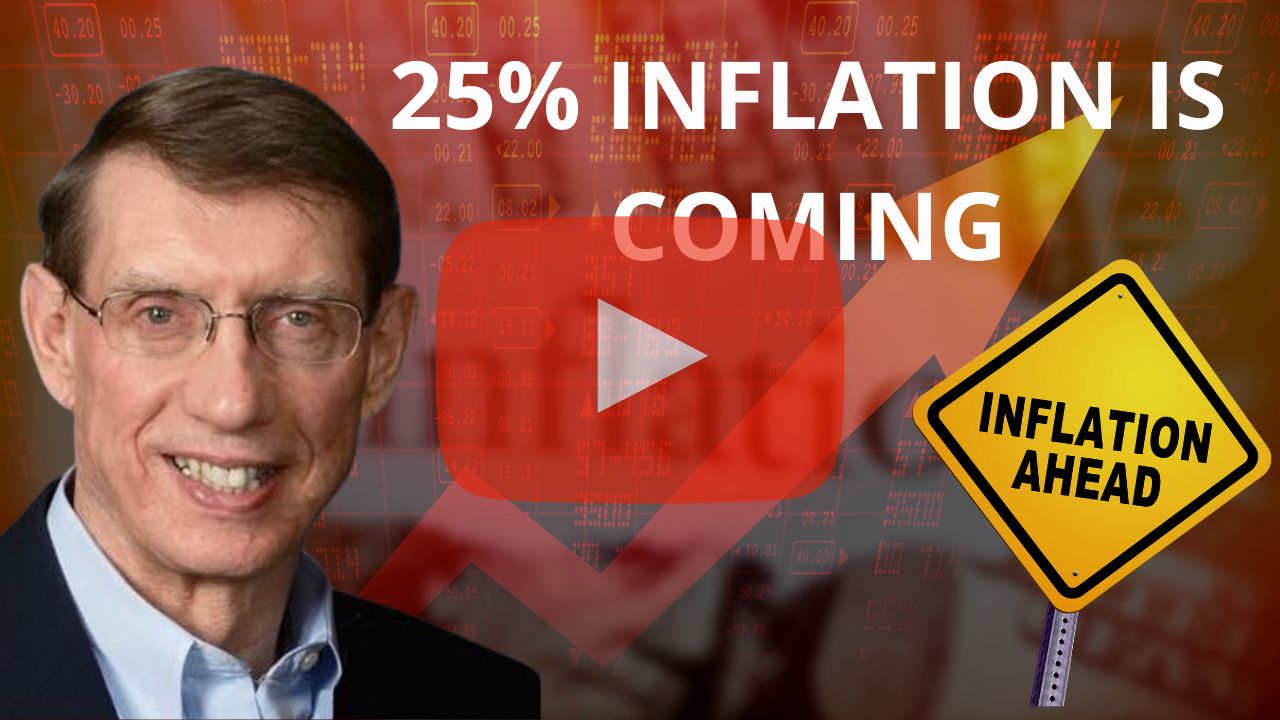Blog
GoldCore TV
Latest articles

Will Gold Prices Keep Rising in 2024?
Yesterday the gold price had a bad day, falling by more than 2%. Is this indicative of things to come? We don’t think so. Whilst we may well see some additional pullback, we don’t expect this to be the end of the gold price rally. Currently, gold is stuck between a rock and a hard […]
Is The Gold Price Too High To Buy? The Train Hasn’t Left The Station!
It’s been an interesting week in the markets this week. Action in the Middle East has left much of the world appearing as though they are watching a tennis match with heads going back and forth to see what each side’s response will be. Sadly it appears as though this won’t be a case of […]














